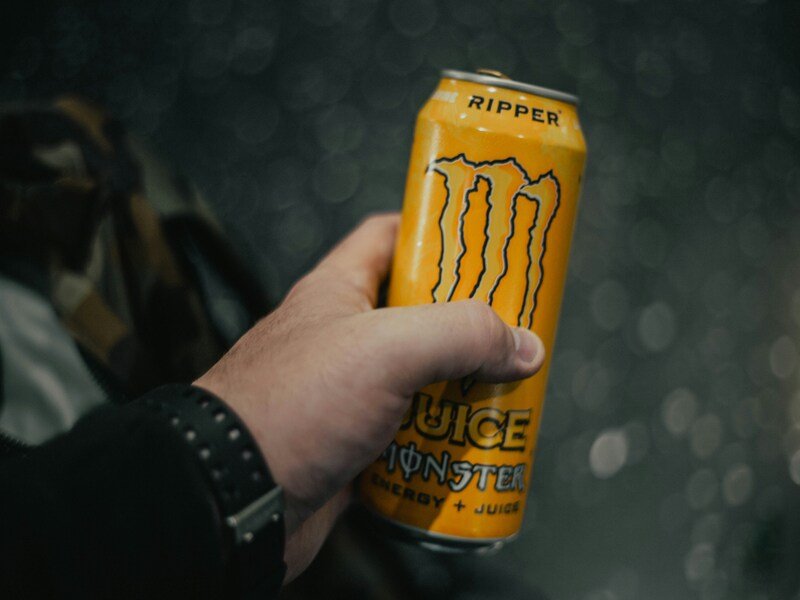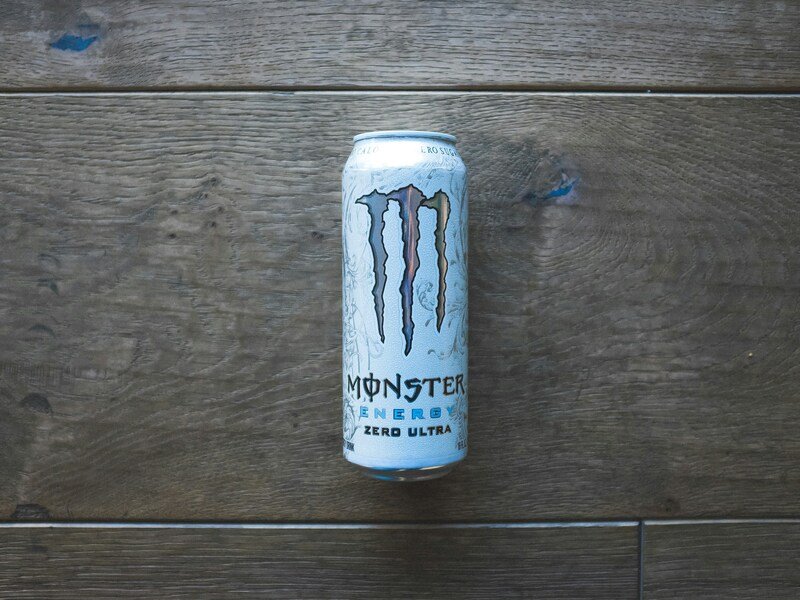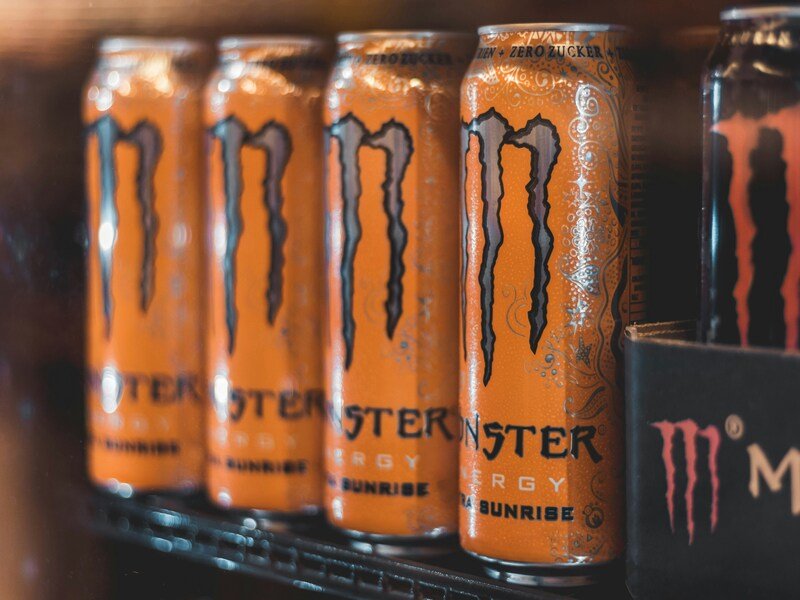First of all, you’ve seen them, blazing in vivid hues and promising an instant energy boost, lining the shelves of convenience stores. Monster Energy drinks are now frequently chosen by people who need a quick pick-me-up. However, have you ever given any thought to what precisely is contained in these alluring cans? Under the eye-catching packaging is one important detail that is sometimes missed: the nutritional data. Let’s examine monster energy nutrition facts in more detail and see what it mean for your health in this post.

Understanding Monster Energy:
Let’s take a moment to learn more about Monster Energy beverages before delving into the specific nutrition data. Monster Energy beverages are made.Includes a combination of components designed to give you a quick energy boost. All the ingredients—from sugar and caffeine to B vitamins and amino acids—help to provide that much-needed burst of energy.
Understanding the Nutrient Content: Let’s now analyze the figures on the label of a typical Monster Energy drink. We will discuss each component and how it affects your overall health and wellbeing.
Calories: Approximately 210 calories are contained in a standard Monster Energy 16-fluid-ounce can. Since sugars are the main source of energy in these drinks, carbs account for the majority of these calories.
Sugar Level: This is where things become a little alarming. The amount of sugar in a single Monster Energy can reach 54 grams, which is more than thirteen teaspoons. That’s a significant amount of sweetness! Consuming excessive amounts of sugar has been connected to a number of health problems, including as type 2 diabetes, obesity, and dental disorders. Experts advise limiting the amount of sugar you consume each day—no more than 25 grams for women and 36 grams for men.
In terms of Monster Energy drinks,
caffeine is the main ingredient. About 160 milligrams of caffeine, or the equivalent of a typical cup of coffee, are contained in each can. While a small amount of caffeine might help you focus and get energized, consuming too much of it can have negative consequences like jitters, racing heart, and restlessness.
B-Vitamins: Monster Energy drinks frequently include high concentrations of B-vitamins, such as B3 (niacin), B12 (cobalamin) and B6 (pyridoxine). These vitamins are essential for nerve and energy metabolism. Although they are undoubtedly good for your general health, the potential drawbacks of other substances like sugar and caffeine are also present when they are included in energy drinks.
Additional Ingredients: In addition to the primary ingredients, Monster Energy Nutrition Facts might also include a range of additional additions, including guarana, taurine, and herbal extracts. Although these chemicals are frequently promoted as performance enhancers, experts continue to disagree over how these ingredients actually affect health.
Health Concerns:
It’s important to take seriously the legitimate worries raised by the nutrition information of Monster Energy beverages. Particularly, the high levels of sugar and caffeine might be harmful to your health if overindulged.
Consuming large amounts of these drinks on a regular basis has been linked to an increased risk of heart disease, metabolic syndrome, and obesity. Moreover, the co-administration of sugar and caffeine may worsen your symptoms over time by causing energy crashes and withdrawal symptoms. Additionally, younger people and teens are frequently the target of energy drink firms’ marketing strategies. They are particularly susceptible to the negative effects of consuming excessive amounts of sugar and caffeine. It’s simple to be seduced by the glamour of these drinks without thinking about the potential health risks due to their eye-catching advertisements and celebrity endorsements.
Examining More Healthful Options: What then can you grab in place of a Monster Energy can? Here are some healthy choices to think about:
Water: For staying hydrated and sustaining your energy levels, nothing beats good H2O. To stay hydrated and invigorated throughout the day, always have a bottle of water on hand.
Green tea is a great option if you’re looking for a little caffeine boost without the sugar rush. Compared to energy drinks, it provides a softer boost and is loaded with antioxidants.
Personalized Smoothies:
Make your own smoothie with yogurt, protein powder, fruits, and veggies for a nourishing and invigorating treat. It’s a tasty alternative to sugar-filled drinks for fueling your body.
Rich in Nutrients Snacks: Snacking on fruits, nuts, seeds, and whole grains will help you maintain a consistent energy level throughout the day. These healthful foods offer a plenty of nutrients without the exhilarating experience of energy drinks.

In conclusion, monster energy nutrition facts reveal that it doesn’t exactly present a positive picture, despite the fact that they may appear like a convenient way to get a quick energy boost. Drinking too much sugar or caffeine can be harmful to your health, so you should use these drinks sparingly and cautiously. You can keep your energy levels without compromising your health. Pay attention to what you put into your body and choose better options. Therefore, the next time you need a pick-me up, consider your options carefully before opening that Monster Energy can. Your body will be appreciative.

